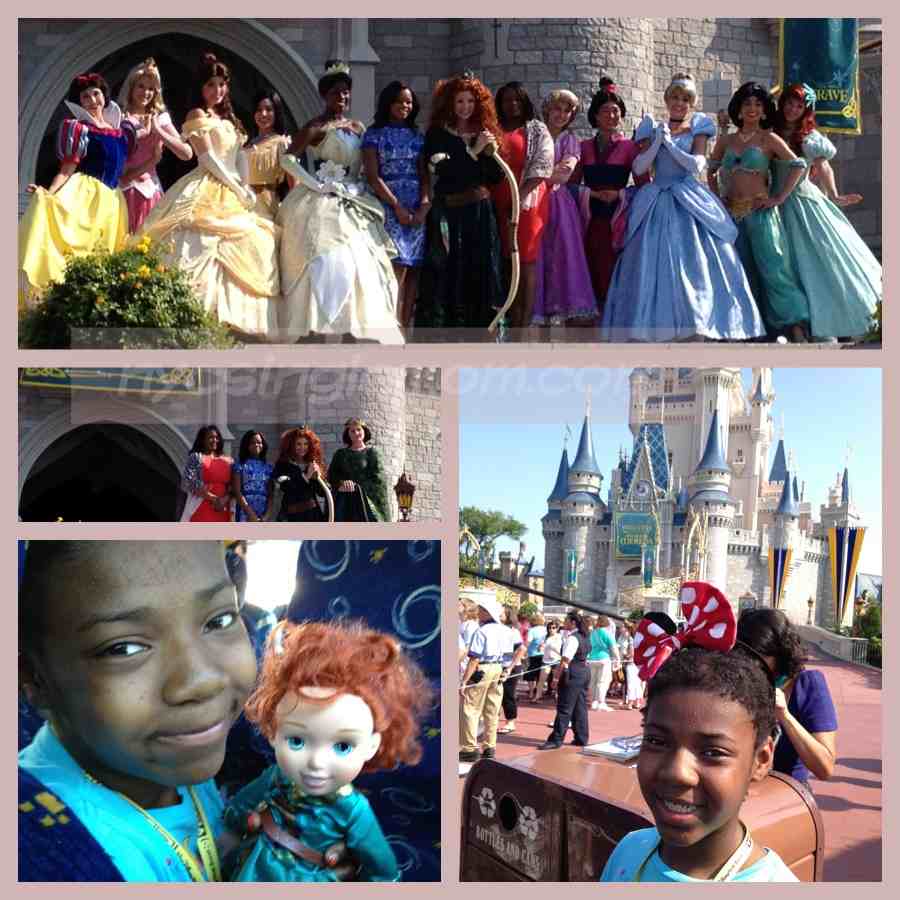

“In some ways,” she says, “it seems a little sexist to say, ‘Oh, it’s a princess, so it’s unimaginative. Some reviewers have knocked “Brave” for being safe and unoriginal - largely, it seems, because it treads the well-worn world of kings and queens, witches and magic spells, as opposed to talking cars or fish or rats.īut as Hains points out, Pixar’s movies haven’t always broken new conceptual ground they’re often classic buddy stories and coming-of-age tales, set in brilliantly unexpected places. (Chapman was forced from the helm mid-production, for reasons that were never made public, but still gets co-directing credit and a role in the publicity machine.) Chapman has said her relationship with her own headstrong daughter made her want to create the tale of a working mom and a teenage girl.ĭeciding to make that working mom a queen, and the teenager a princess in an ankle-length skirt, has invited a different kind of bias. Merida has the advantage of stemming from a brand new story, conceived by Brenda Chapman, the first female director in Pixar’s history. He is a Wood Elf, but his casting has caused controversy among some Tolkien fans.


Of course, those original fairy tales could be problematic, too, bound up in medieval gender roles, filled with passive princesses rescued by men. Ismael Cruz Córdova stars as Arondir, a new character introduced for the series. Now, princess products are aimed squarely at 3- and 4-year-old girls my 7-year-old daughter aged out long ago and now declares princesses “gross.” And no wonder: They’re totally uninteresting to her, pretty faces without back stories, completely divorced from the dark and scary and exciting fairy tales from whence they came.


 0 kommentar(er)
0 kommentar(er)
